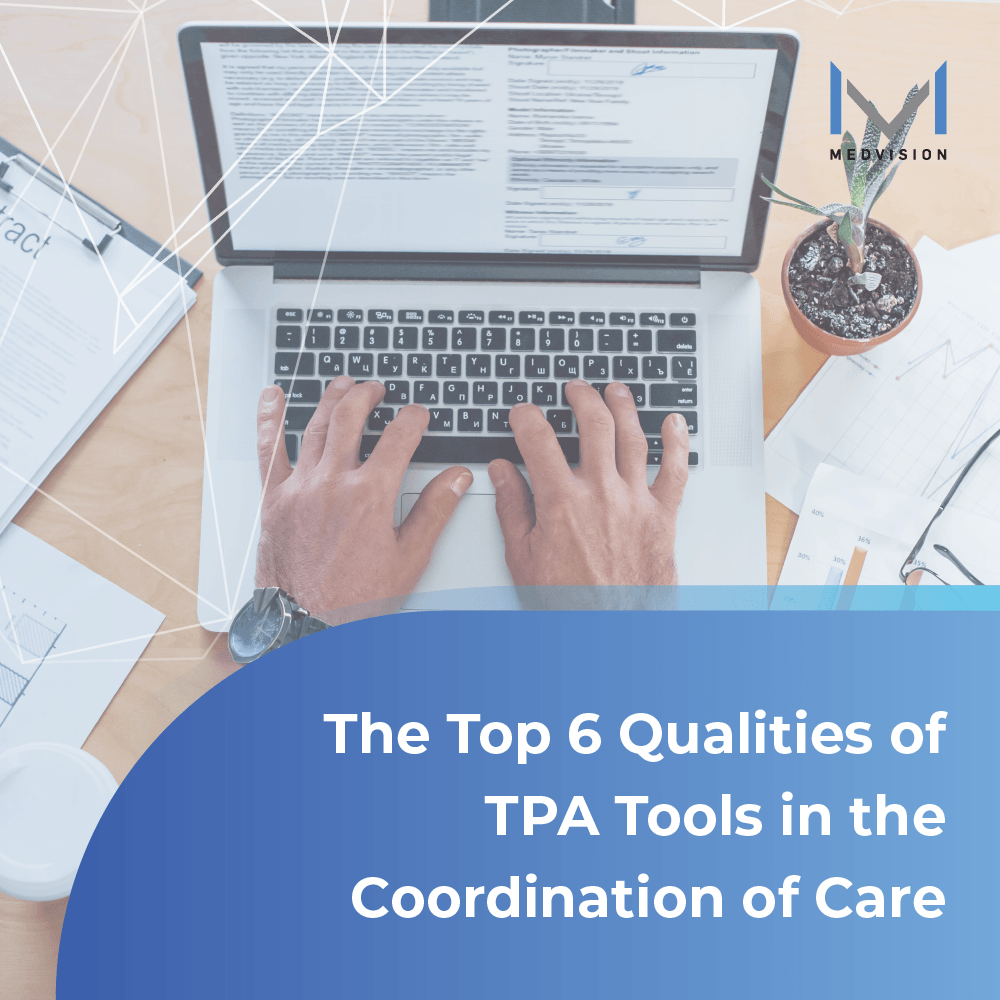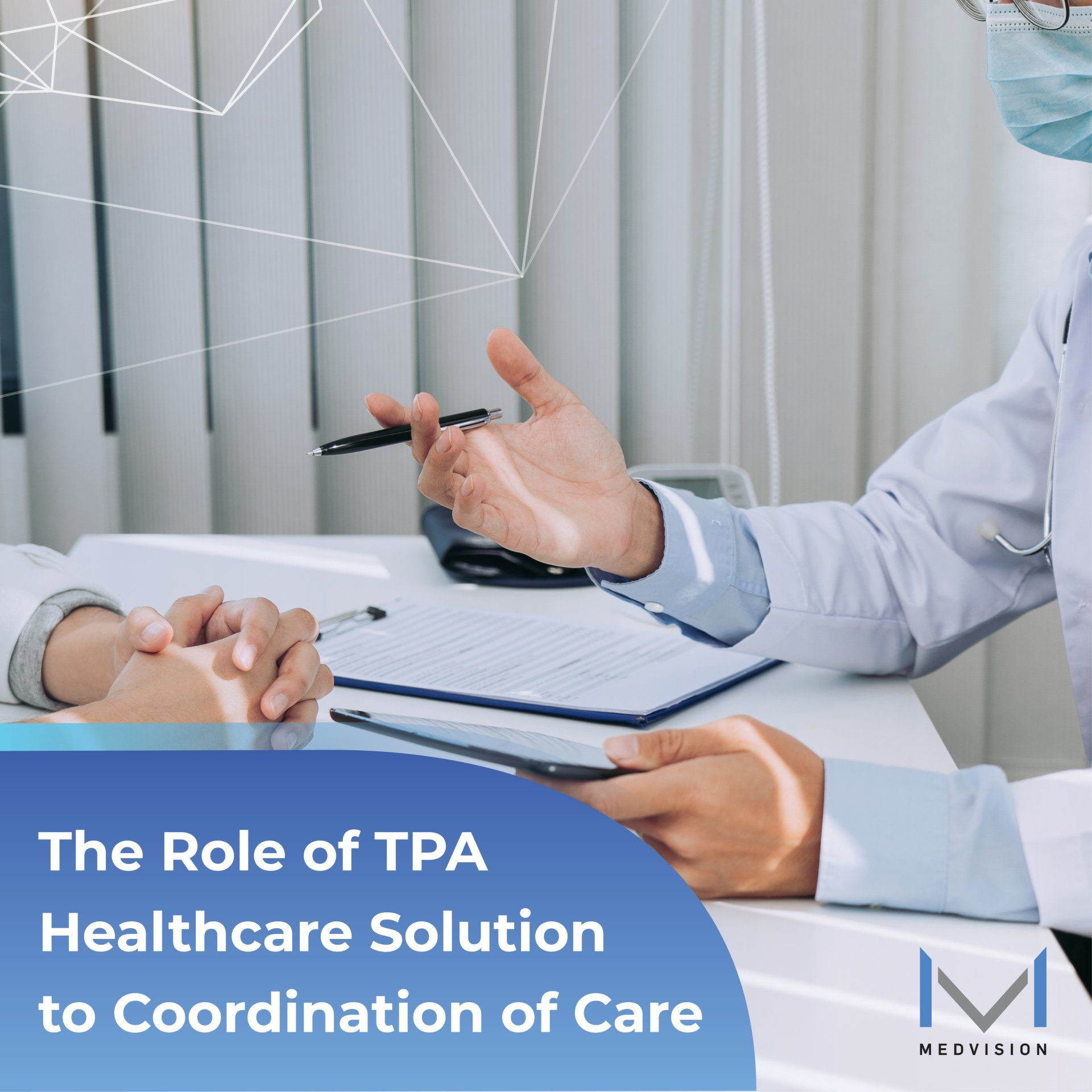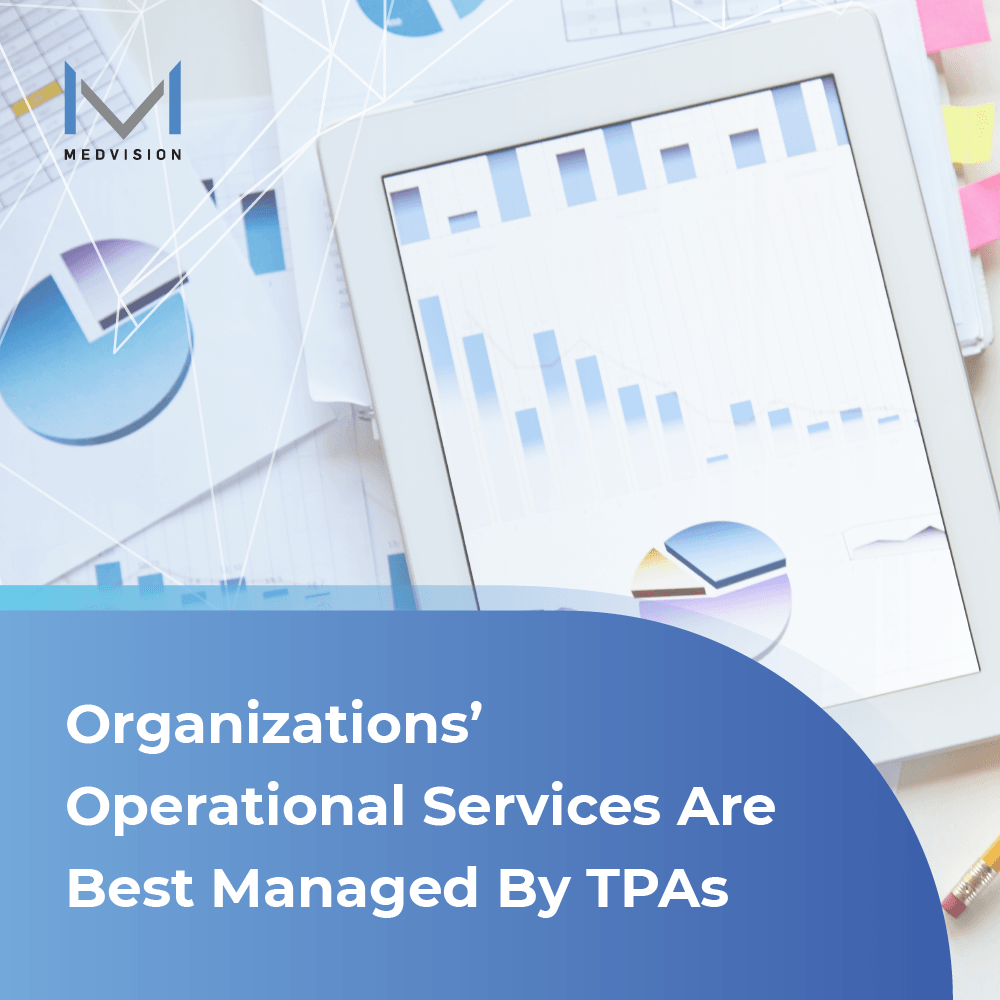Self-Insured and The Need for Third-Party Administrators
What are self-insured employers?
Companies that practice self-insurance schemes or self-funded health care are more commonly known as self-insured employers. In a self-insurance arrangement, the employer does not rely on an insurance provider to cover for the health benefits of its employees. Instead, the employer uses the company’s own funds to pay for the health care needs of its employees. In other words, unlike a fully insured plan, self-insured companies take on the responsibility of paying for the claims for their employees’ benefits. This is, however, in accordance with the terms of eligibility that the employer and the employees agree upon. With this in mind, what advantages do self-insurance plans provide? And how do self-insured companies or the self-insured make sure that they mitigate costs and process claims correctly? Keep reading and you’ll find out the simple answers to these questions.
The Benefits of Self-Insurance Plans
Self-insurance methods are commonly used by large corporations that generally handle around more than a thousand employees. Because of the higher health care demands of these types of organizations, it’s no surprise why self-insurance plans have been used often in the past. However, the rising costs of health-care services are now pushing smaller employers to self-fund their employee benefit plans. In fact, a New York Times
shows that companies with 300 to 400 employees are now the most dominant users of self-insurance arrangements. In other words, smaller companies are now looking to reduce health care and benefit costs by taking care of these expenses themselves.
Reduce Health Care Costs
The advancement of medical solutions comes with a price, which means that improved services and technology also results in rising health care costs. Because of this, employers and self-insured companies are now looking for different methods of minimizing health-care-related expenses. For instance, some consumer-guided plans focus on putting some of the health care accountability on to the employees themselves. In other words,
this method incentivises employees to look for more cost-efficient medical services and medication prescriptions. Additionally, self-insurance plans can also step up and provide claims data to employers. This helps create an exclusive provider organization which helps reduce the increasing costs of provider services. But with all the claims data, provider credentials, and benefit plans involved,
the real question is how does a self-insured employer keep up with all the administrative processes involved? For this reason, self-insured can rely on third-party administrators (TPA) to handle all the crucial health-care-related processes.
Transparency of Claims Data
Another huge advantage of having a self-insurance arrangement is the transparency of the claims data. By contracting a TPA, employers easily receive monthly reports of all the medical claims and pharmacy expenses of their employees. As a result, companies can gather the right information to help control the medical costs and medication habits of their employees. However, you should take note that the self-insurance employer’s convenience relies heavily on the services of a TPA.
How do TPA provide the best services possible?
As previously mentioned, third-party administrators (TPA) help companies, organizations, and employers handle their health-care-related processes. But to do this, TPAs need to have the best software available. Currently, businesses that deal with health-care processes are finding it harder to keep up with increasing amounts of data transfers, manual workflows, and stricter industry regulations. As a result, the demand for more advanced processing software is on the rise. In fact, an
article by the World Economic Forum (WEF) predicts that 62 percent of an organization’s business data will be processed with computers by the year 2022. With this in mind, TPA organizations need to make sure that they have all the necessary tools and features to process all their client’s needs. From claims processes to benefit plans and provider contracting, TPAs have all the reason to look for a software that can handle all these tasks and more. Luckily, fully integrated software like QuickCap 7 are now available in the market. Which means that TPAs, PPOs, HMOs, and other health-care-related organizations can improve their processes with a single solution. Read on and learn about the benefits of having a fully integrated management software.
QuickCap 7’s Administrative and Management Tools
QuickCap 7 is a web-based application that allows you to effectively process all your administrative needs. With extensive features for electronic data interchange (EDI) transactions, claims adjudication, provider contracting, and more, you’ll find everything you need with QuickCap 7.
Here’s some of the top features that third-party administrator organizations can utilize:
- Advanced automation features allow you to automate your claims adjudication workflow. Simply configure your automation rules, and let the system review and process your claims for you.
- Extensive EDI tools help your data transactions flow more easily: easily enroll trading partners, customize EDI file formats, and send out data according to your clients’ needs.
- Precise report and analytics features allow you to sort out crucial data and analyze them according to your preference. Gather relevant data with extensive search tools and create personalized reports for your clients.
As a management software, QuickCap 7 has the tools that you need to process claims, authorizations, contracting, audits, reports, and more. You won’t have to worry about integrating other software to your workflow when you have everything you need with QuickCap 7.
October 19, 2021
Discover what tools TPAs need for smoother care coordination in healthcare through QuickCap, the leading workflow automation tool for healthcare payers.
August 31, 2021
TPA healthcare can enhance coordination of care performance through QuickCap’s healthcare claims solution for convenient claims processing.
March 25, 2021
TPAs rely on an executive dashboard to deliver healthcare operational services efficiently. How can TPAs experience seamless and uninterrupted workflow?

















